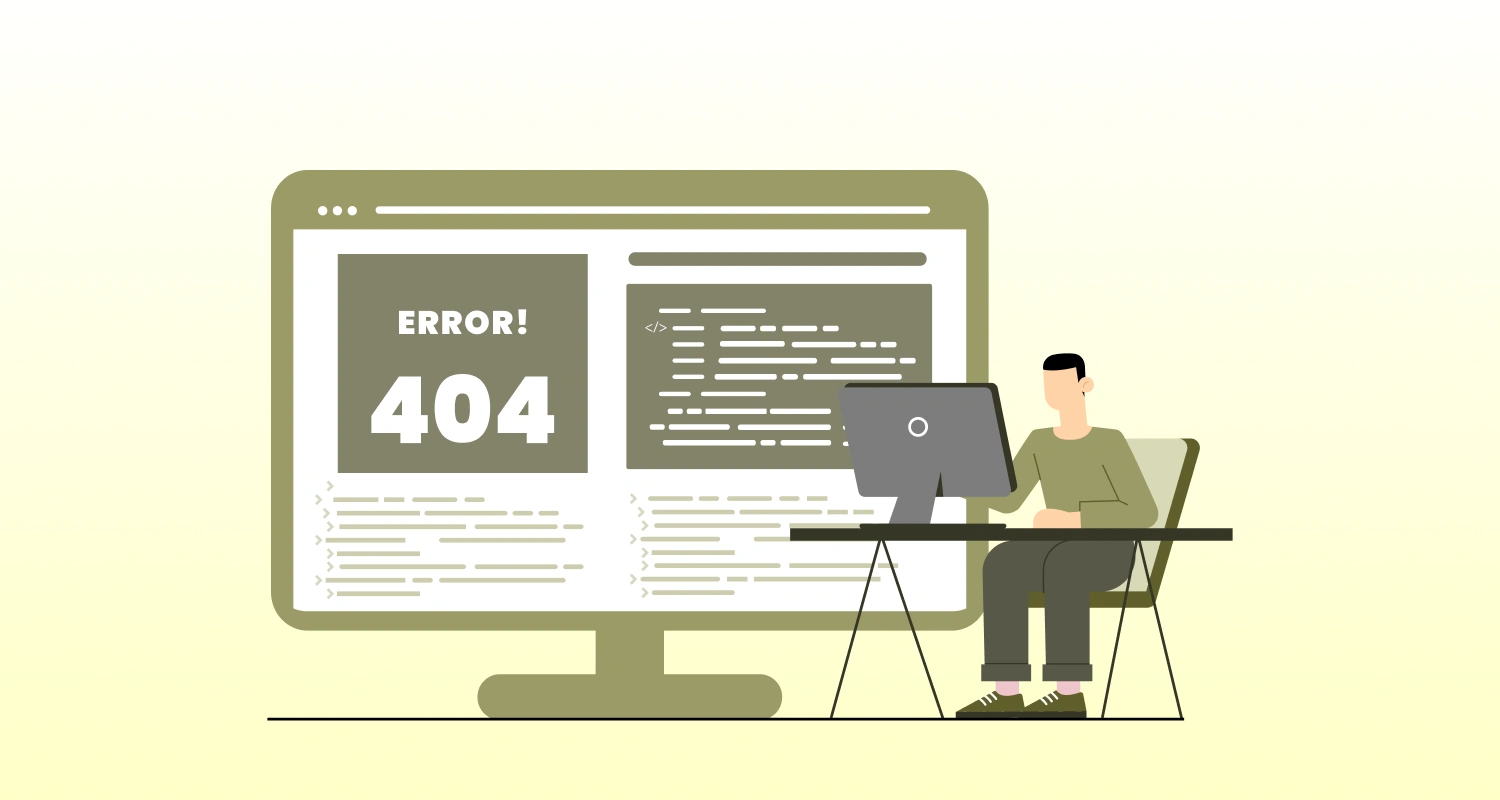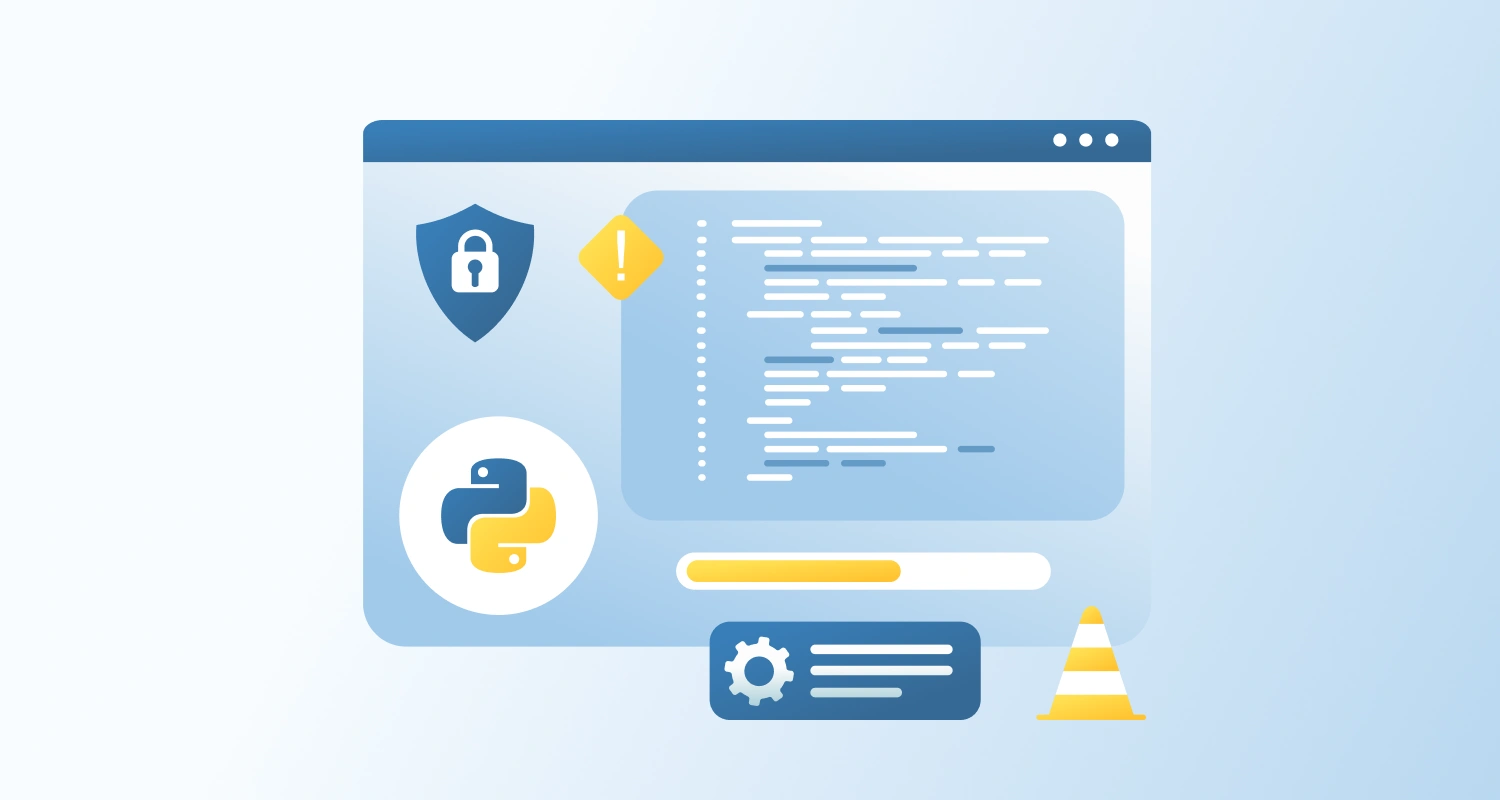Securing a Node.js application is critical to protect against vulnerabilities, data breaches, and attacks.
Security Best Practices for Node.js
Input Validation and Sanitization
Validate and sanitize all user inputs to prevent injection attacks (e.g., SQL injection, XSS). Use libraries like express-validator to ensure data integrity.
const { body, validationResult } = require('express-validator');
app.post('/user', body('email').isEmail().normalizeEmail(), (req, res) => { const errors = validationResult(req); if (!errors.isEmpty()) return res.status(400).json({ errors: errors.array() }); res.send('Valid input');
});Use HTTPS:
Enforce HTTPS to encrypt data in transit, preventing man-in-the-middle attacks. Use helmet to set secure HTTP headers.
Dependency Management:
Regularly update dependencies and scan for vulnerabilities using tools like npm audit or Snyk to avoid exploits in outdated packages.
Environment Variables:
All sensitive information should be stored in environment variables using dotenv. Don’t save them into the source code.
Authentication and Authorization:
Implement secure authentication (e.g., JWT, OAuth) and role-based access control. Libraries like jsonwebtoken or passport simplify this.
Rate Limiting:
Prevent brute-force attacks with rate limiting using express-rate-limit.
Error Handling
Avoid exposing stack traces in production. Use custom error handlers to return minimal error details.
Secure APIs:
CORS policies (cors package) to restrict cross-origin requests and validate tokens for API endpoints.
Secure Database Access:
Use parameterized queries or ORMs (e.g., Sequelize, Mongoose) to prevent SQL/NoSQL injection.
Final Words
Security should never be an afterthought in Node.js development. Hire a Node.js developer that follows these best practices, to build applications that are safer, more reliable, and ready for production.





